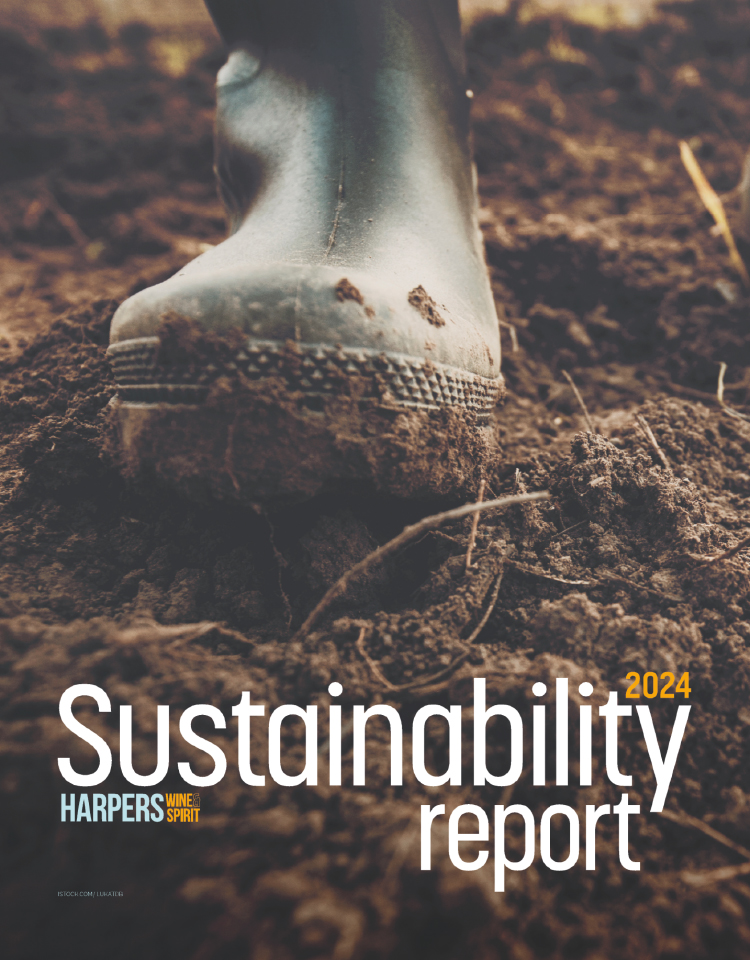
Supermarket sweep: A week in review
On the international stage, the big news this week has been dominated by an increasingly maddening number of acronyms and portmanteaus - CETA, Brexit, TTIP - as the top echelon of global businesses and governments on both sides of the Atlantic make decisions which will impact the immediate future of the trade.
On the international stage, the big news this week has been dominated by an increasingly maddening number of acronyms and portmanteaus - CETA, Brexit, TTIP - as global businesses and governments on both sides of the Atlantic make decisions which will impact the immediate future of the trade.
These shifts are also affecting permutations closer to the home, as the UK's supermarkets find themselves squeezed on price and exchange rates as a result of Brexit sending seismic waves crashing into the economy.
The challenges affecting the supermarkets have formed part of the wider dialogue this week, with Waitrose bosses announcing store closures and those who are able to undercut the bigwigs - namely Aldi - celebrate moving up the food chain.
Then there was the Tesco/Booker buyout, in which the UK's biggest supermarket group announced a merger with the UK's biggest food wholesaler.
It's a testament to Tesco's size and influence that even though Tesco doesn't have the best reputation with suppliers, the Booker contract was still the contract everyone wanted to land.
It's also no exaggeration to say that the deal makes Tesco even more than a superpower than it already was, expanding its reach into the world of Booker and its links with the growing convenience channel (Booker owns Londis and Budgens).
We still don't know the full terms of the deal: if their accounts payable departments will come under one office.
But we can speculate on what the effect the enlarged buying power Tesco - and Booker - will have on its producers.
"Tesco is large, but after this it will even larger, which means it will have even more power to negotiate payments with suppliers. Suppliers are already waiting between 60 and 90 days for payment, and Tesco will have even more leverage to able to squeeze people," said Aamar Aslam, CEO of Funding Invoice, which works closely with SMEs supplying the large retailers.
The deal is shaping up to be the grocer equivalent of Conviviality - that growing drinks giant supplying the on-trade - via Matthew Clark and Bibendum - and off-trade - PLB.
However, there is a potential silver lining for smaller producers and suppliers.
"The upside is that if you're a small brand only supplying to Tesco right now, once the merger is completed, you might suddenly find yourself self supplying to Booker, all well as Tesco," Aslam said.
As retailers change and grow to reflect the needs of the market, so do the SMEs that supply them with stock.
One area where this is notable is in the discounters.
The success of brands like Aldi, which just pushed the Co-op out of the spot to become the fifth biggest grocer in the UK, is evident even to consumers.
But what might not be so evident is how budget supermarkets are changing the way producers and manufacturers are operating.
"We've got a customer who used to make luxury toilet paper for Tesco and Sainsbury's. But they've now sold that business and launched a budget one. That's way market is going. Suppliers are catering directly to the discounters," Aslam observed.
Up-market vs discount supermarket
Despite topping the supermarket customer satisfaction list recently, last week, Waitrose announced that it was closing six of its struggling stores.
As Aslam pointed out at the time, the closures could present opportunities for smaller retailers to plug the gap.
Independent wine shops have traditionally competed with Waitrose for consumers looking for high-quality products - widening the customer base for indies in the areas of Waitrose closures.
But as Waitrose battles being undercut by the discounter, rising living wage costs and city-centre overheads, the Aldis and Lidls of the world are filling these gaps that the smaller, convenience operators might once have filled.
"What we've seen in the past is that customers tend to go to the big supermarkets for their promotional discounts, and then the smaller retailers for individual low cost items," Aslam added.
"But increasingly, consumers won't need to go to smaller places as Lidl or Aldi will be on the corner."
The effect of growing population and urban sprawl is also affecting how the discounters are able to increase their reach: "Aldi and Lidl have always been in highly populated areas because they need high levels of footfall coming through the doors to make it worthwhile.
"Woking, in Surrey, where I live, was always a place with relatively low level footfall, but Aldi has just moved in there. And that's not because Aldi is moving out to the countryside, it's more to do with London moving outwards."





